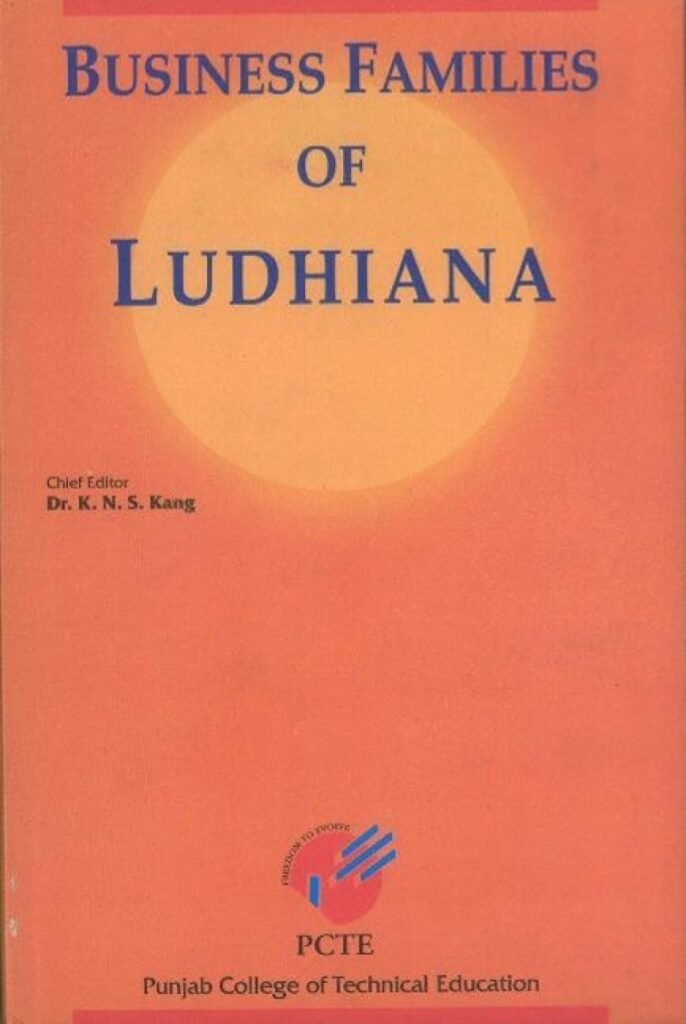
You May Also Like
Scheduled Castes Education in Assam
- ByNanhi Shop
- July 13, 2024
Education is considered as an important factor which can play a significant role for the overall development of…
Harishankar Parsai Popular Books Collection
- ByNanhi Shop
- May 5, 2025
व्यंग्य जीवन की श्रेष्ठ आलोचना है, यह एक मानी हुई बात है, लेकिन यही मानी हुई बात…
Trees of Chandigarh
- ByNanhi Shop
- April 19, 2024
“Till date you could not get any illustrated book to help you identify them. The shortcoming has been…
History of Delhi Under the Later Mughals
- ByNanhi Shop
- April 23, 2024
Two hundred years ago, Delhi had been a great and imperial city for a century, with anything between…
Status of Women in India
- ByNanhi Shop
- February 20, 2025
The unique work status of women in india presents a comprehensive and detailed account of women in the…
Indian Cultural Heritage Perspective For Tourism
- ByNanhi Shop
- September 9, 2024
A book on cultural heritage from the perspective of tourism, Indian Cultural Heritage Perspective for Tourism makes an…
